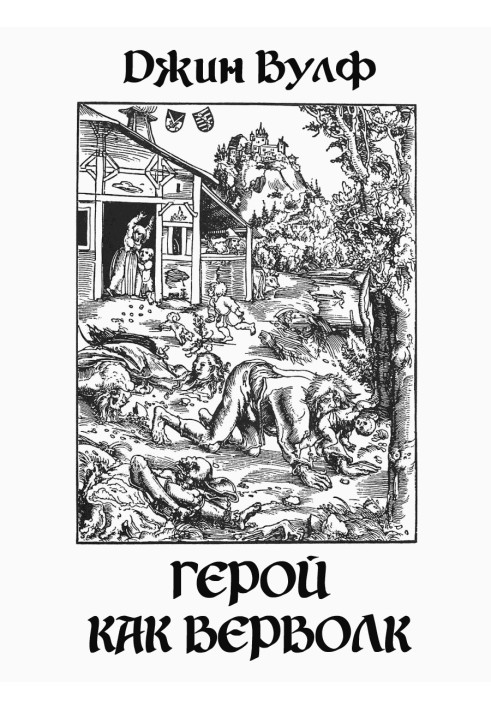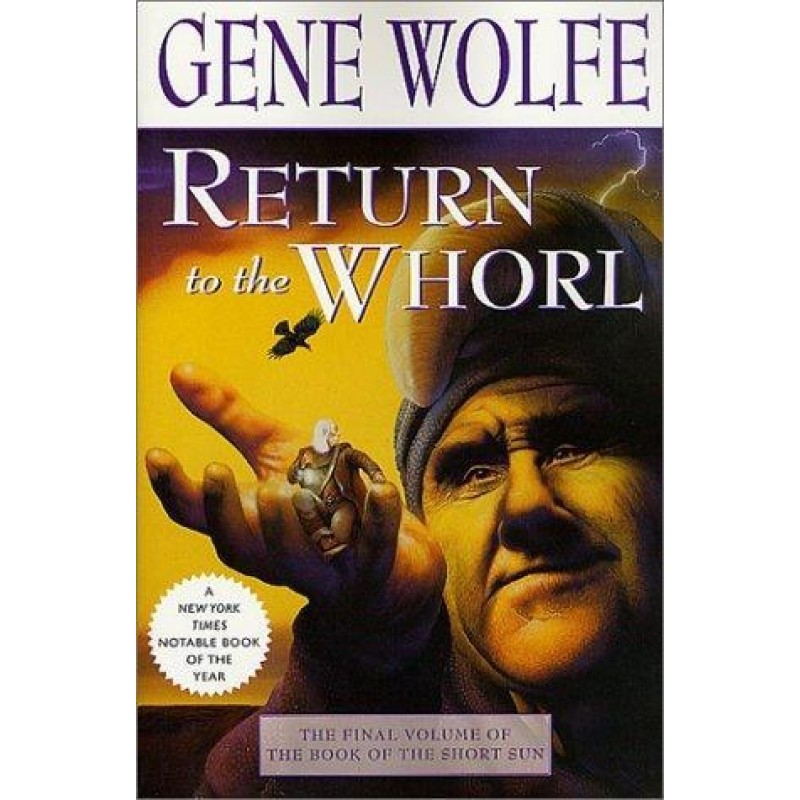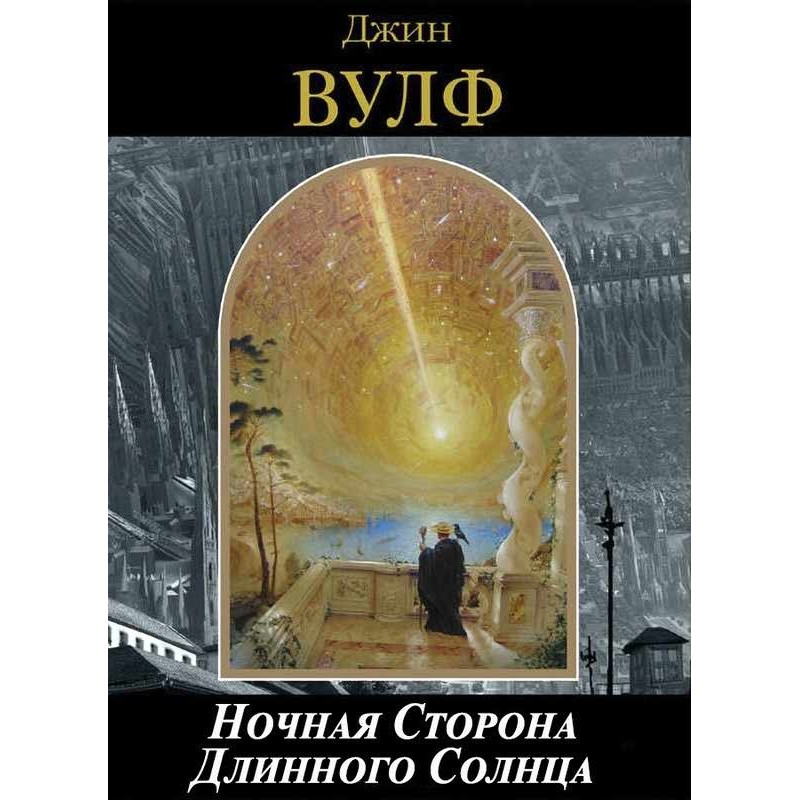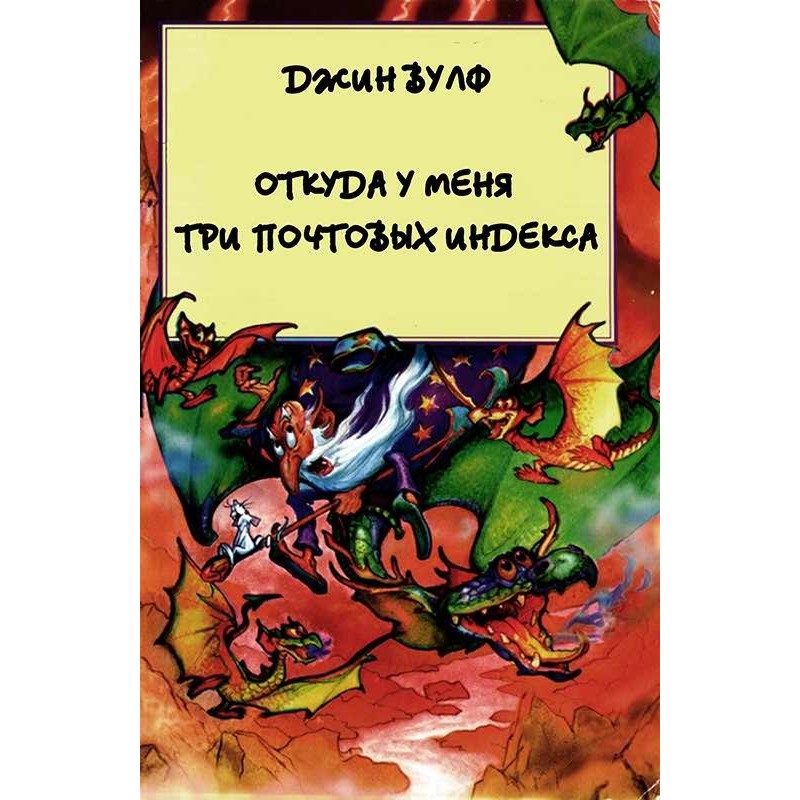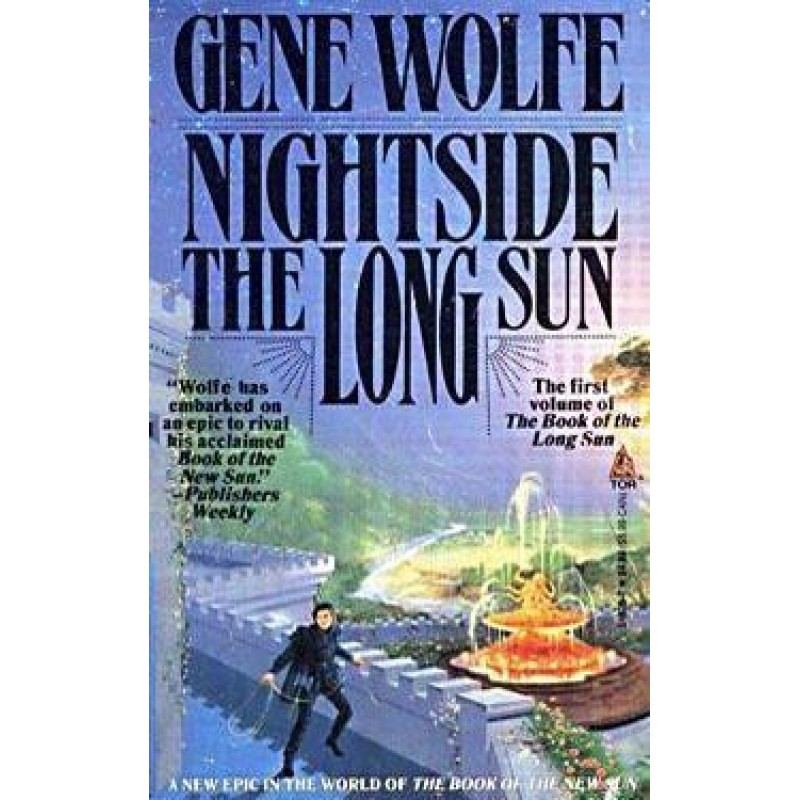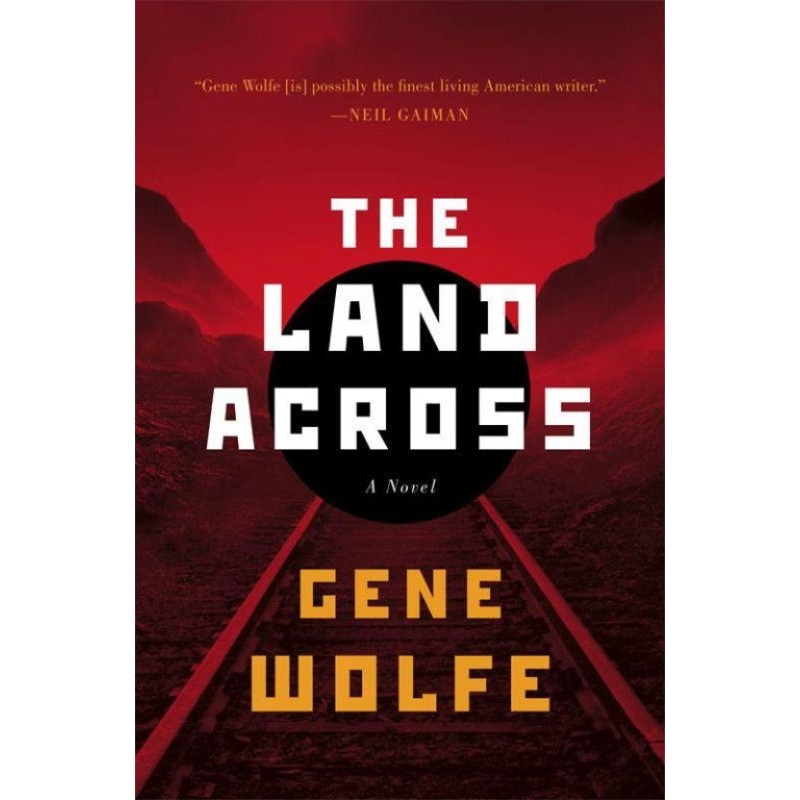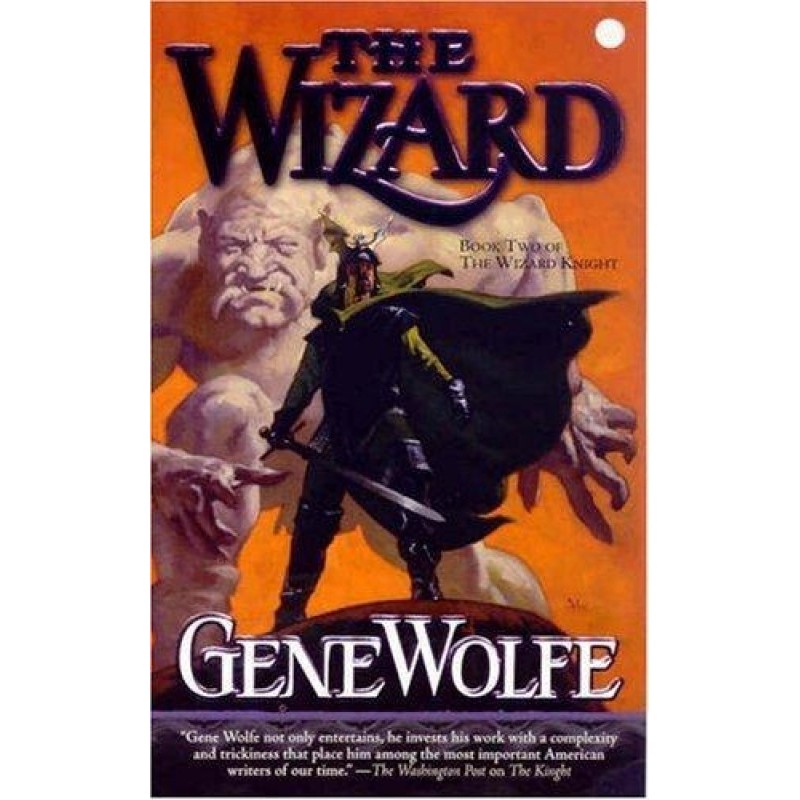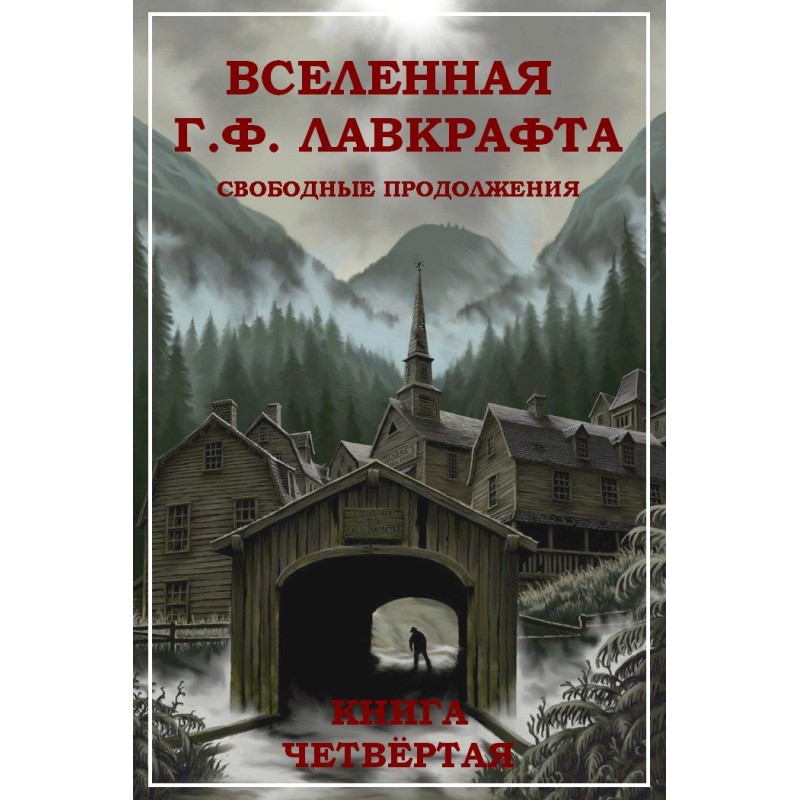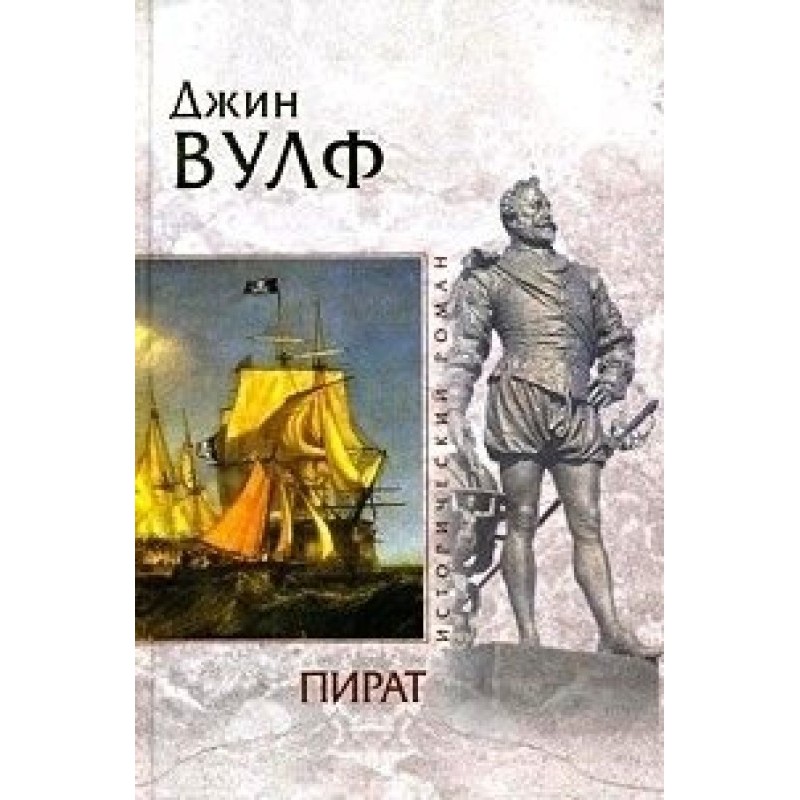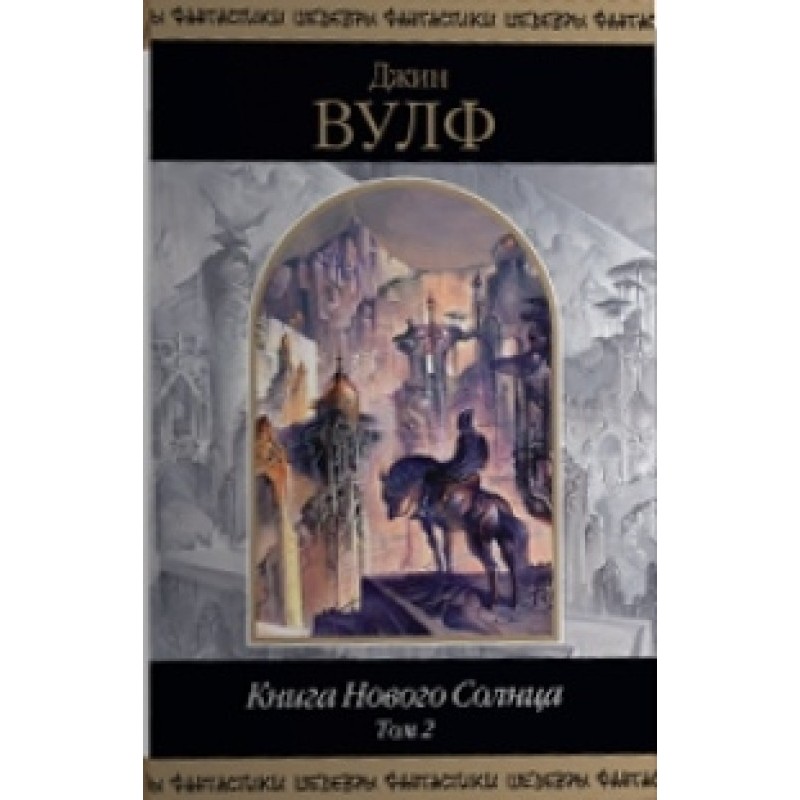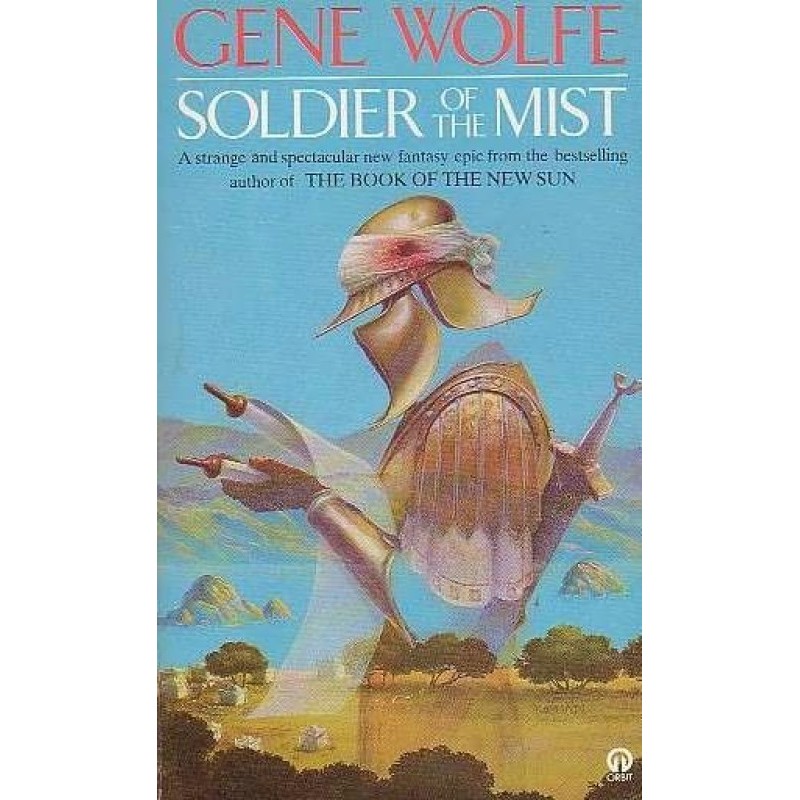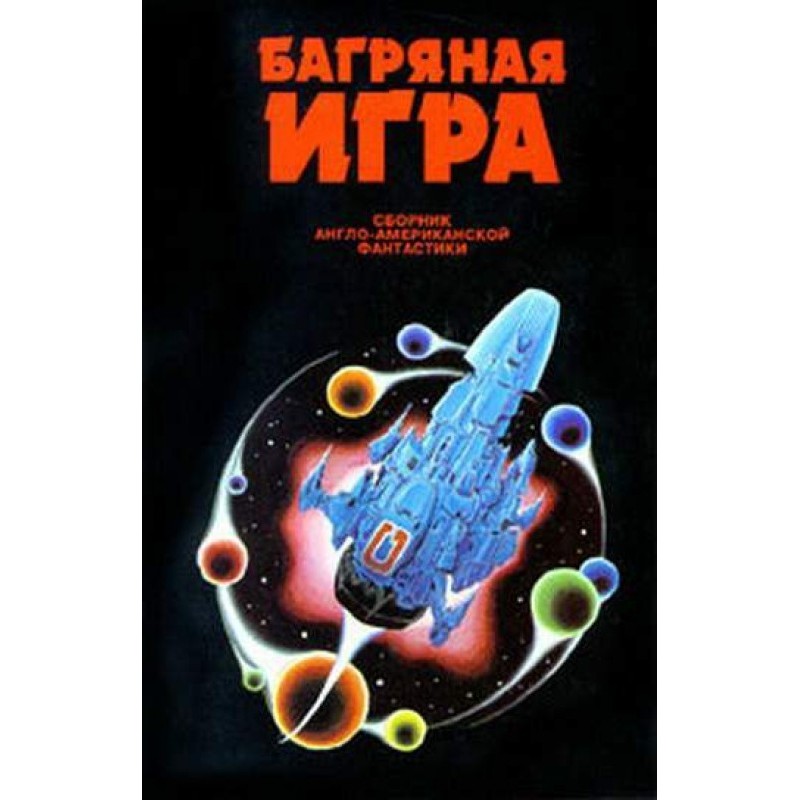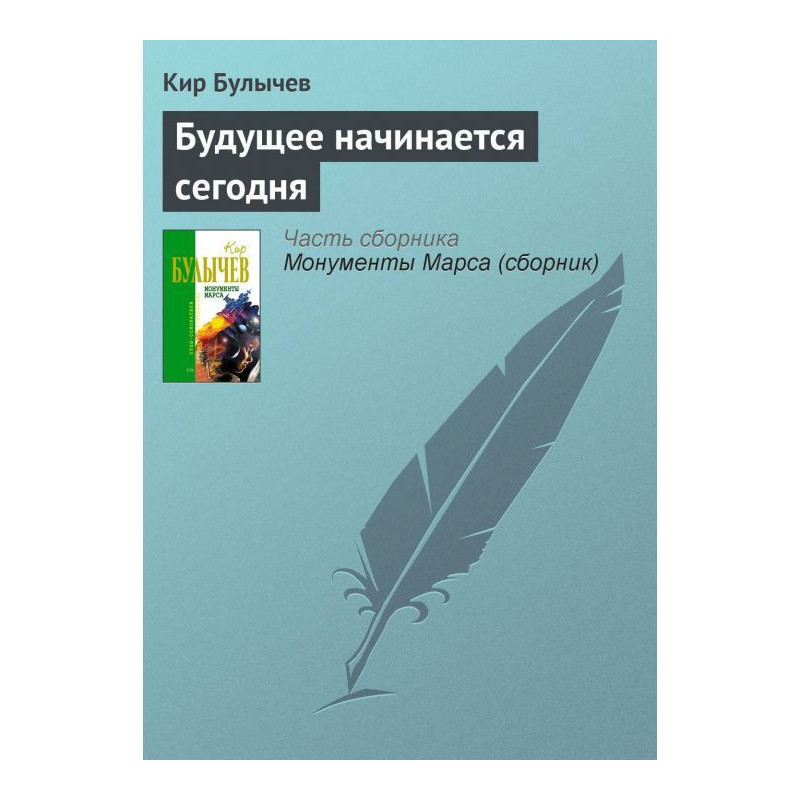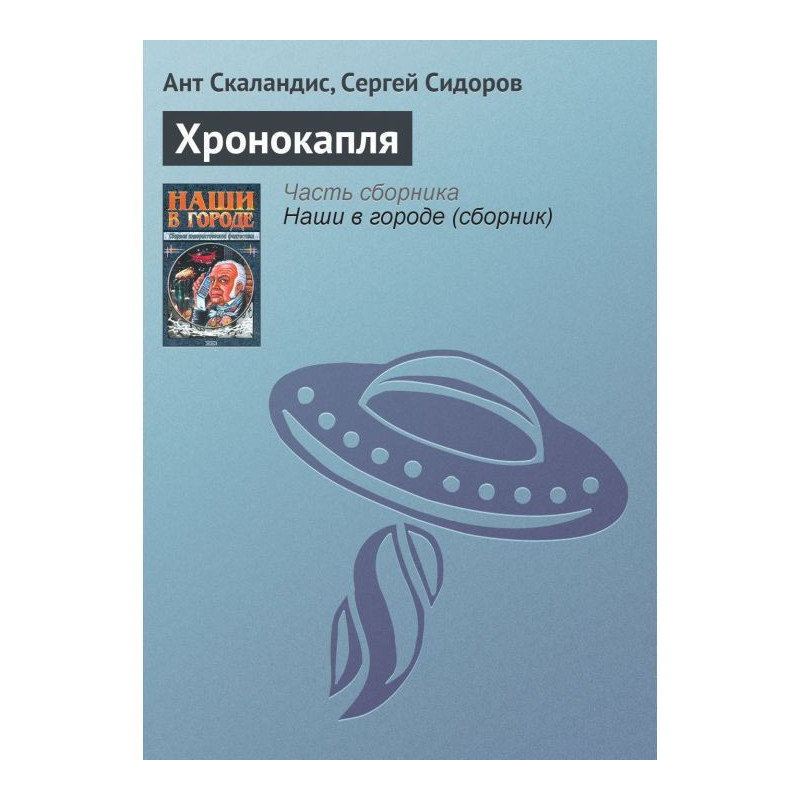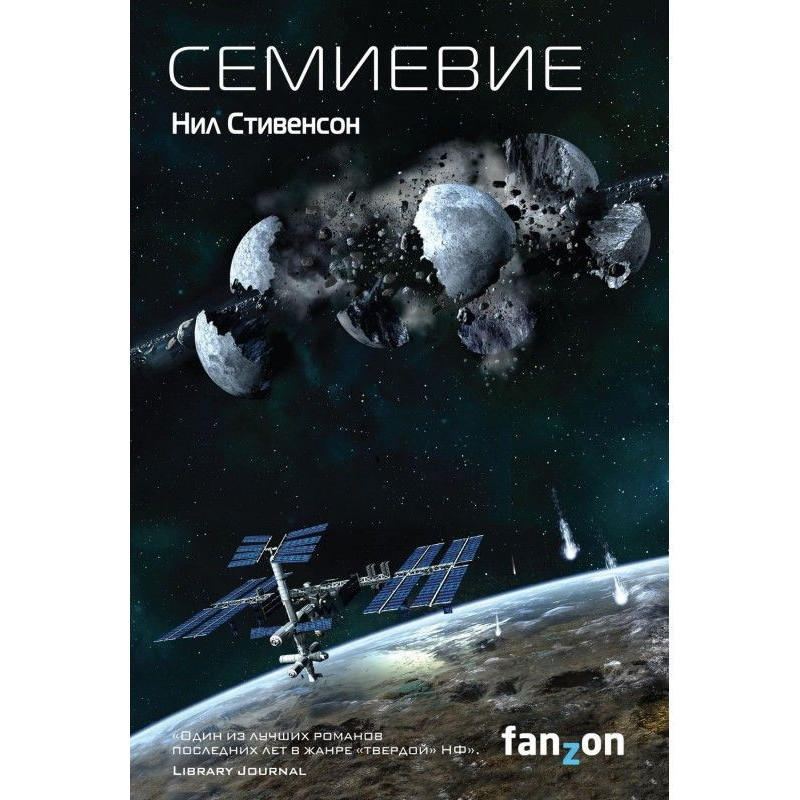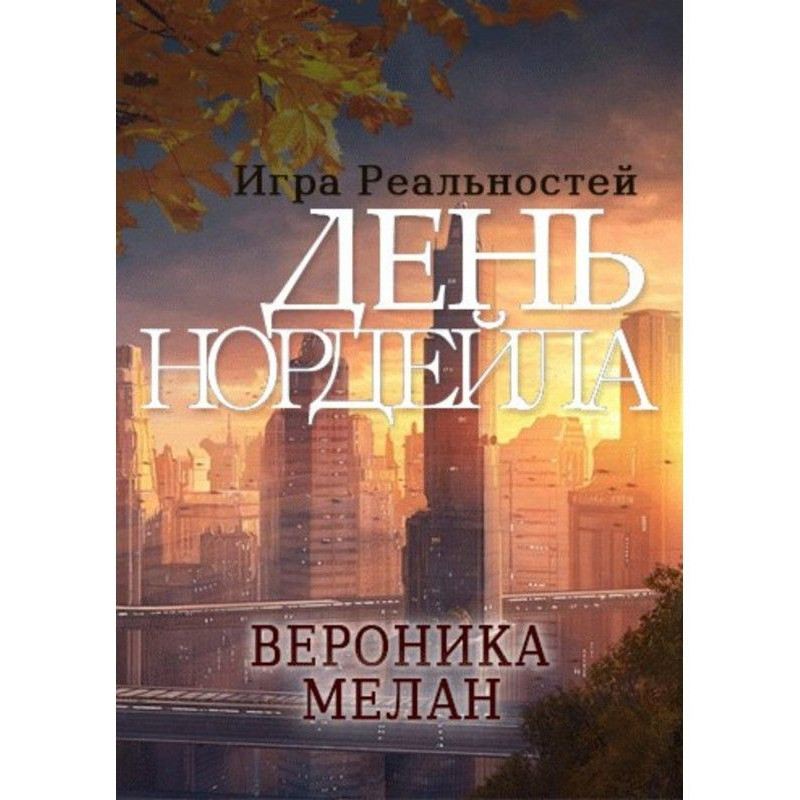Hero as a werewolf
 Instant download
Instant download
after payment (24/7)
 Wide range of formats
Wide range of formats
(for all gadgets)
 Full book
Full book
(including for Apple and Android)
Most of humanity acquired new capabilities and abilities as a result of “change” - forced evolution. A smaller part remained the same - due to beliefs or the presence of defects that are difficult to eliminate. One way or another, the emergence of a new intelligent species deprived the previous owners of the Earth of their livelihood, leaving them with the only option - hunting for newborns. The hero of the story, Paul Goro, encounters other people for the first time during such a hunt. The unusual thing is that they are just like him, and one of them, in addition, is a girl. This, in turn, leads to new meetings...Wolf packed an impressive amount of details of the world order into a short story: “exalted” animals, a terraformed Moon, the absence of a monetary system... But first of all, this is a story about love: parents for children, spouses for each other .
Gene Wolfe is undoubtedly one of the most recognized science fiction writers of our time. Wolfe (perhaps best known for his massive tetralogy The Book of the New Sun) has won a Nebula Award, a World Fantasy Award, and the admiration of numerous critics and readers. In Gene Wolfe's stories, things are rarely what you expect—and that "werwolf" turns into a monster without changing at all. Etymological note: The Oxford English Dictionary traces the English word "werewolf" back to the year 1000, where it was used in "The Laws of Canute". Gene Wolfe uses a less common spelling, the same as Thomas Malory. There is no evidence that the spelling "werewolfe" ever existed. Greg Cox, from the introduction to the anthology Biting Tomorrow (1995)
In the brilliant and memorable story that follows, the aliens lurking in the shadows are us, ordinary, ordinary people, in a strange high-tech future where this is no longer enough...Gardner Dozois and Jack Dunn, from the introduction to the anthology “Aliens Among Us” (2000)
< p>Contents• The hero as a werewolf (story and afterword by the author)• Additional materials: - Translator's notes (history of publication and other interesting things) - Article by Mark Aramini (systematic analysis of the story) - Essay by Robert Borsky (where the symbols in the story sometimes find an unexpected explanation) — Poems (Kipling’s poems, which Wolfe quoted in the epigraph and afterword)Data sheet
- Name of the Author
- Джин Вулф Родман
- Language
- Russian
- Translator
- mtvietnam

